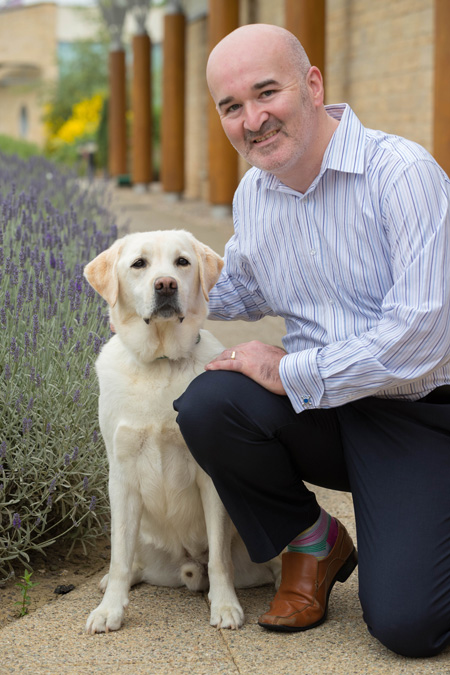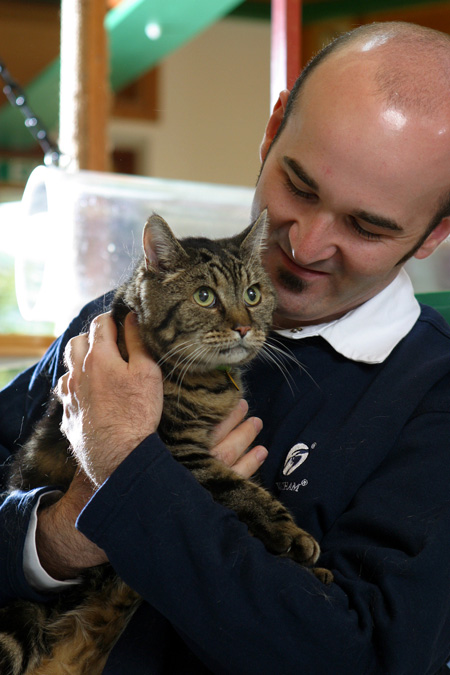Scott McGrane
Gels with the Science of Flavour Perception
Today, Scott McGrane is the Research Manager for the Sensory Science team at Waltham Petcare Science Institute, but his career with Mars began on the other side of the globe, in Australia.
“I have always had a passion for science, which was reflected by my undergraduate degree choice to study Applied Science in Chemistry at RMIT University in Melbourne, Australia. At the end of this, I chose to apply for a PhD that was government funded (formerly Australian Food Industry Science Centre, now Food Science Australia). The topic was about how starch forms gels or to give the scientific description, the rheological properties of polysaccharides. Little did I know at the time, but the interview would serve to be for more than just the PhD. The selection panel included a representative from the research and development team at Uncle Bens (Mars Food) in Australia. I clearly made a lasting impression as in the final year of my PhD, I was invited to join a newly formed team in Mars Petcare.”
“The job was in product development and based in Wodonga, Australia. The team was formed to work on the development of pet food to support the Japanese market. I was able to apply the knowledge from my PhD on starches to explore their effect on the texture of kibble using different cooking methods. Whilst in this role, I also managed a project on texture that was a part of a global team.”


“My first exposure to the range of work conducted at Waltham was during a capability week held locally. Some members from the team at the pet centre presented about the research projects running at the site. From that point, I knew Waltham was the place for me. Shortly after, I began a 2 year assignment in the UK, whilst continuing my role in the global team. I spent the first year working on the macronutrient profile preferences in dogs1 before moving to the sensory science team. It’s really important to explore flavour preferences of pets, because it can be very different to people. This means we can’t apply a lot of the research already conducted with humans to animals.”
“Through my development at Mars, I was able to work on both my strengths and weaknesses. I soon stepped into a permanent position at Waltham as a Senior Research Scientist and later as a Research Manager. I feel fortunate to have this role and appreciate that only a small number of people get this opportunity. Having cutting edge technology on site, great facilities and an inspiring work environment means that I enjoy my work every day.”





